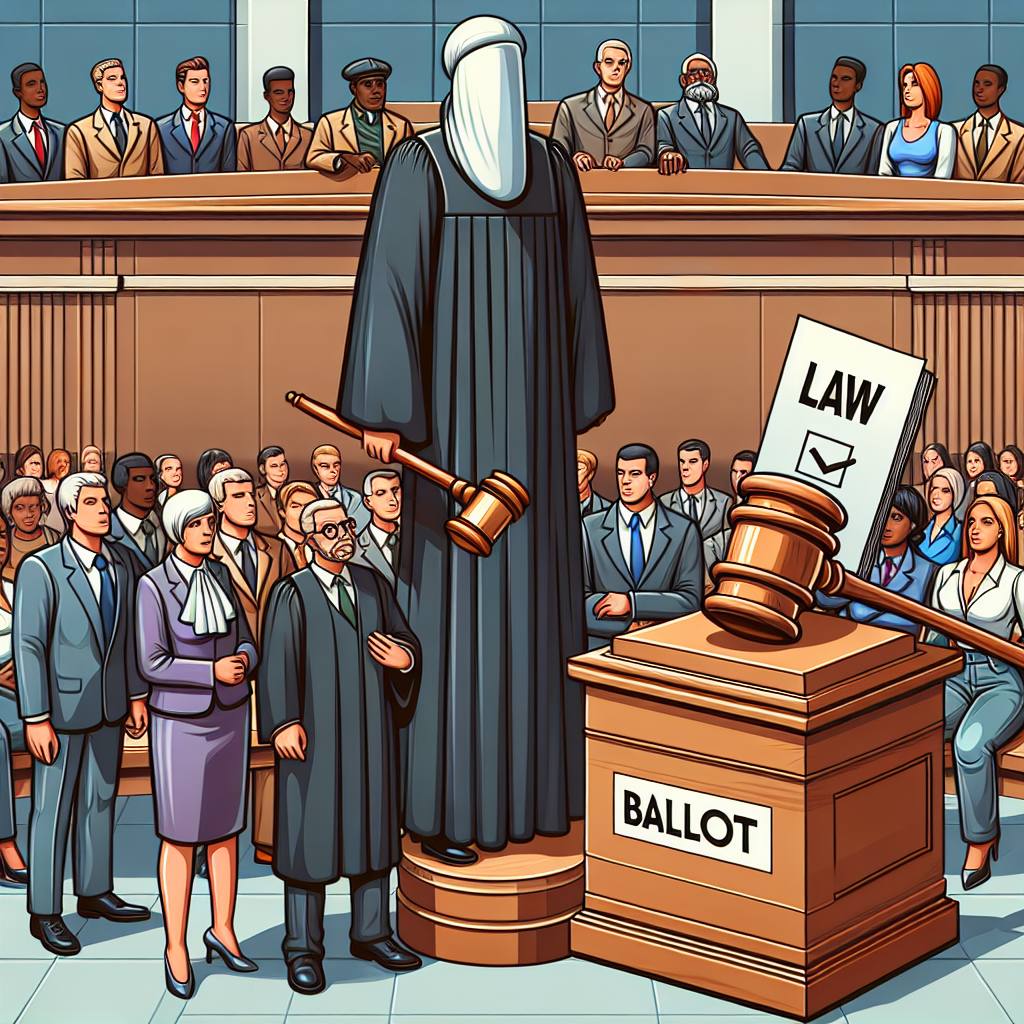Germany Faces Snap Elections After Coalition Collapse
Following the collapse of Chancellor Olaf Scholz's coalition, Germany's President has dissolved parliament, triggering early elections. Conservative Friedrich Merz leads the polls to replace Scholz as issues of regulation and governance take center stage in the political debate.

- Country:
- Germany
German President Frank-Walter Steinmeier has dissolved the lower house of parliament, initiating snap elections on February 23, after Chancellor Olaf Scholz's coalition disintegrated. The collapse occurred following a failed confidence vote and departure of Finance Minister Christian Lindner's party.
Election campaigns ramp up, with conservative contender Friedrich Merz positioned to succeed Scholz, accusing the incumbent government of overregulation and slowing economic progress. Polls show conservatives leading the Social Democrats significantly, while the far-right AfD edges past Scholz's party, and the Greens trail behind.
Despite the mainstream parties' refusal to partner with the AfD, its growing presence may force complex coalition negotiations, posing a challenge for forming a stable government.
(With inputs from agencies.)
ALSO READ
Friedrich Merz's Diplomatic Leap: Navigating Complex China Relations
Friedrich Merz Advocates Stronger EU-China Relations Amid Economic Challenges
Friedrich Merz's Diplomacy Marathon: Balancing Germany's China Policy
Navigating Trade Tensions: German Chancellor Friedrich Merz's Diplomatic Mission to China










